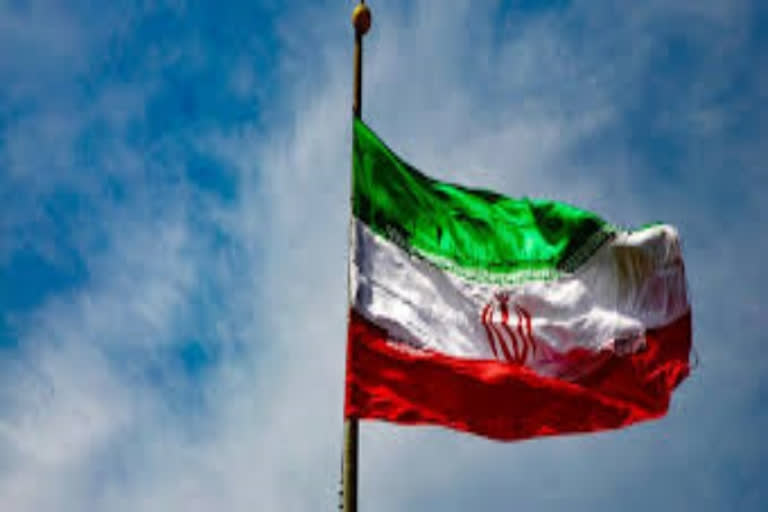Tehran: The top commander of Iran's paramilitary Revolutionary Guard said on Friday that his country was fully prepared to respond to any US military pressure, amid heightened tensions between Tehran and Washington in the waning days of President Donald Trump's administration.
General Hossein Salami spoke at a ceremony at Tehran University commemorating this week's one-year anniversary of the US drone strike in Baghdad that killed Revolutionary Guard General Qassem Soleimani, who headed the expeditionary Quds force, on January 3, 2020.
Today, we have no problem, concern or apprehension toward encountering any powers. We will give our final words to our enemies on the battlefield, Salami said, without mentioning the US directly. Several top Iranian officials, along with members of Syrian, Palestinian and Lebanese resistance movements and Soleimani's family, were in attendance.
Read: Iran expands list of US suspects in Soleimani's killing
Soleimani's replacement, Brig. Gen. Esmail Ghaani, said at the ceremony that Iran was not afraid of confronting powers, again without naming the US.
The head of Iran's judiciary, Ebrahim Raisi, said all those who had a role in Soleimani's killing would not be able to escape law and justice, even if they were a US president.
Iranian Foreign Minister Mohammad Javad Zarif said Friday that Washington would bear responsibility for the consequences of any possible adventure in the region. His comments came during a call with his Kuwaiti counterpart and were reported by Iran's Foreign Ministry website.
Already, America has conducted B-52 bomber flyovers and sent a nuclear submarine into the Persian Gulf over what Trump administration officials describe as the possibility of an Iranian attack on the anniversary of Soleimani's killing last year. At the time, Iran retaliated by launching a ballistic missile strike on a military base in Iraq that caused brain concussion injuries to about 100 US troops.
Strategic calculations on both sides have been complicated by the political transition in Washington to President-elect Joe Biden's administration, which may seek new paths in dealing with Iran.
AP



